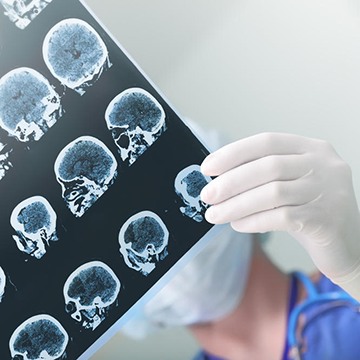Project Overview
Promoting Healthy Brain Project: An Innovative Precision Medicine Approach to Improve Maternal & Fetal Outcomes
Supported by: Ann & Robert H. Lurie Children’s Hospital & Stanley Manne Research Institute
Investigator Team: Lauren Wakschlag, Elizabeth Norton, Amelie Petitclerc, William Grobman, Bradley Marino, Judith Moskowitz, Darius Tandon, Michael Bass, Nabil Alshurafa, John Rogers, Roozbeh Ghaffari
Scientific Director: Sheila Krogh-Jespersen
